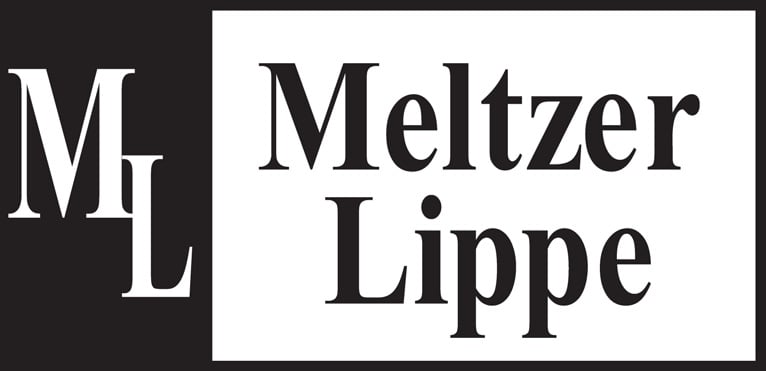Uncertainty and opportunity characterizes tax planning in 2010. It is a year when there is a temporary lapse of the estate tax and the generation-skipping transfer tax (“GSTT”) and a 15% rate on dividends and capital gains. The problem is that no one knows what the law will be in 2011. If Congress does not act to change current law, in 2011 there will be an estate tax with a 55% tax rate on a decedent’s estate to the extent it exceeds $1 million in value; a GSTT at the same rate for generation-skipping transfers in excess of $1 million; a 20% tax rate on capital gains; and a potential 39.6% tax rate on dividend income.
Although there is a gift tax in 2010, the rate was lowered to 35% on gift transfers in excess of $1 million plus the $13,000 annual exclusion per donee. In 2011, the gift tax rate jumps to 55% on transfers in excess of $1.12 million. Continually depressed asset values and extraordinarily low interest rates resulting from a slowly recovering economy also make planning during 2010 especially opportune.
Certain estate planning techniques may soon be legislated out of existence, such as (a) the use of minority discounts in family businesses and discounts in general when dealing with investments in marketable securities through entities such as limited liability companies and partnerships, and (b) the use of grantor retained annuity trusts (“GRAT”) where the term is less than 10 years.
These factors lead to the inescapable conclusion that a golden estate planning opportunity exists in 2010, but perhaps not beyond. Consider the following:
Making gifts taxable at the 35% rate will avoid substantially higher estate taxes when death occurs in a later year. There is no tax on the gift tax paid (unless death occurs within 3 years of the gift), whereas estate tax applies to all property.
Direct gifts to grandchildren and distributions to them from nonexempt trusts will avoid GSTT[1]. A gift to a grandchild can be made this year at a 26% tax rate (net gift) while post 2010, the total estate tax and GSTT may be close to 80% plus state inheritance taxes, if applicable.
Taking advantage of depressed values, discounts, low interest rates and the use of short term GRATs to reduce the value of the gift for gift tax purposes; or using other proven estate planning techniques to obtain similar results.[2] Taking advantage of lower rates and deferral regarding Roth IRA conversions.
The bottom line is that there is substantial planning that can be accomplished this year to the advantage of you and your family. We recommend that you discuss the possibilities with us, keeping in mind that December 31, 2010 is rapidly approaching.
[1] It is assumed that at this late date, Congress will not retroactively impose the GSTT in 2010.
[2] For example: sales to defective grantor trusts; charitable lead trusts; private annuities; and strategies to avoid state income taxes.
